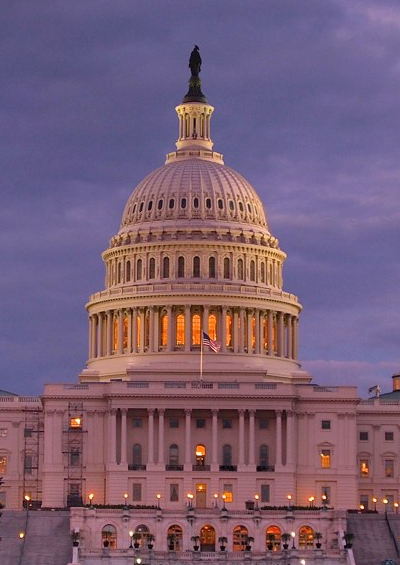The Yemen-Benghazi Connection: Politics Before People
When Republicans use American deaths in terrorist attacks as a political weapon.
March 29, 2015

Repeated Congressional hearings about the lethal September 11, 2012 attack on the U.S. consular office in Benghazi, Libya now undermine U.S. national security.
Partly as a result of the hearings, the United States has withdrawn its last 100 military personnel from Yemen, a special-forces group that has been productive in disrupting terror plots if not in stabilizing the poorest country in the region.
The immediate reason for the withdrawal is understandable — an attack on the air base that housed the personnel in the midst of a three-way civil war between the Sunni extremist organization al-Qaeda in the Arab Peninsula (AQAP), Shia Houthi rebels from the north and the remnants of the government that the Houthis have most recently overthrown.
But that does not explain why the United States is abandoning the country.
The reasons behind U.S. withdrawal
What explains the withdrawal is the veiled threat that Congress will hobble the State and Defense Departments with investigations as arbitrary, burdensome and costly as the Benghazi hearings every time someone sets fire to a U.S. base or captured U.S. personnel appear in garish jump suits kneeling on video in front of knife-wielding psychopaths.
So long as there is any remote possibility of political advantage to them, Congress will conduct sham investigations.
It is true that part of the job of Congress is to exercise oversight. But few believe the purpose of the Benghazi hearings is oversight as opposed to an opportunity to steal airtime to make insinuations about the Secretary of State — in other words, the cynical use of political power to discredit Hilary Clinton as a presidential candidate.
Republican sponsors of the more than a dozen Benghazi hearings by five Congressional committees argue their investigation is no sham — even if the hearings have consistently refuted every accusation that the Obama Administration ignored warnings, failed to defend the post, or in any other way misbehaved before, during or after the attack.
Oversight does no harm, they argue, so it is okay if it reveals nothing and, besides, you never know what investigations will turn up.
The cost of politics
The costs, however, become clear when contrasted with past practice. Democrats did not use the October 1983 suicide bombing of the Multinational Force (MNF) barracks in Beirut, Lebanon that killed 241 Americans to discredit President Reagan in his reelection campaign. Republicans would have accused Democrats of disloyalty for doing so.
That loss of life (four Americans died in Benghazi) in a scenario even less foreseeable than the attacks on the Beirut MNF barracks has now become the principal subject of Congressional oversight of the Executive Branch changes the political game in the United States.
Neither the Obama Administration nor future U.S. governments can afford the distraction promised for adverse outcomes of useful risks — risks like contributing to the MNF in 1983 and maintaining a presence in Benghazi, the heart of a nascent Libyan polity, in 2012.
Republicans know this. But part of their larger political pitch is that government is ineffective. By making it too costly for U.S. governments to take calculated risks like leaving Special Forces in Yemen, Republicans are creating a self-fulfilling argument.
Takeaways
Repeated Congressional hearings about the 2012 Benghazi attack are undermining US national security.
An attack on US personnel in Yemen doesn’t sufficiently explain US withdrawal from the country.
Congress will conduct sham investigations like the Benghazi hearings so long as they provide a political advantage.
Part of the job of Congress is to exercise oversight. But few believe the Benghazi hearings were anything but a sham.
Read previous

Global Security
When Do Planes Crash?
March 28, 2015
